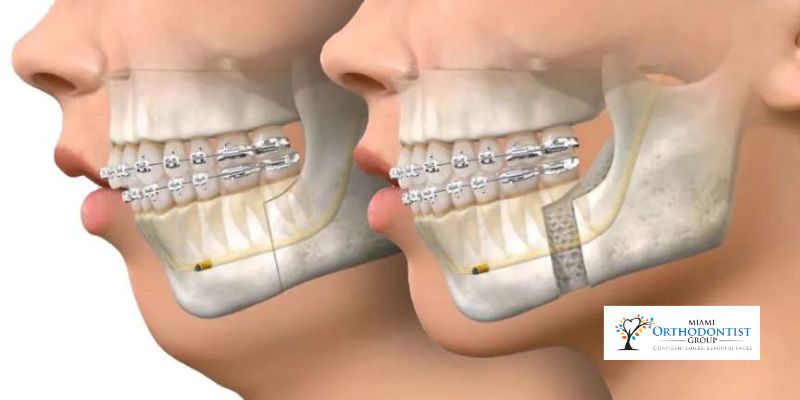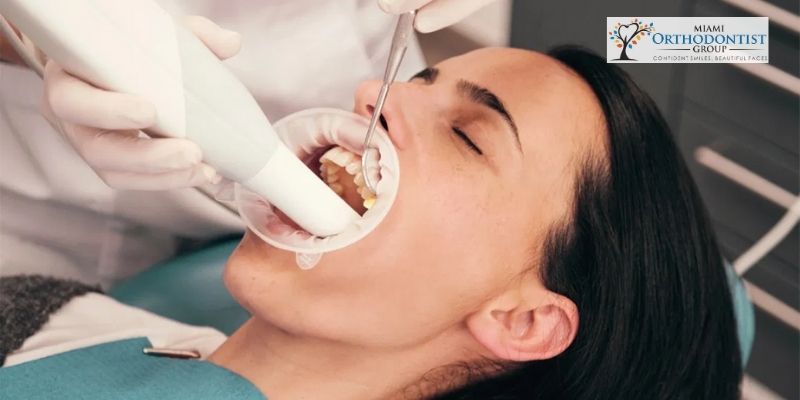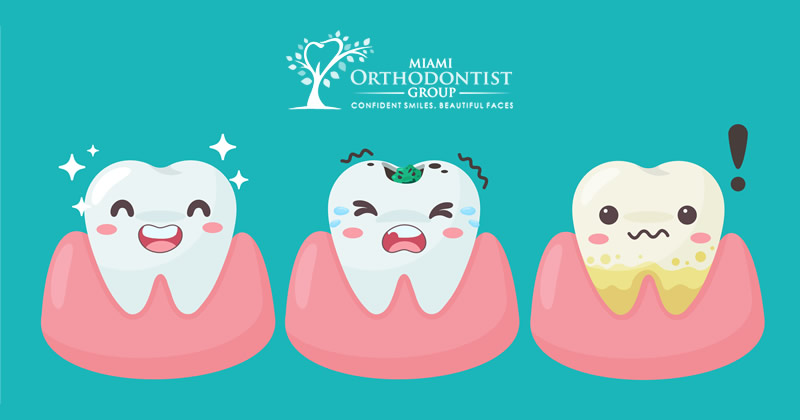Orthodontic treatment is often associated with adolescence, but the reality is that people of all ages can benefit from braces.
Jaw misalignment, or malocclusion, can lead to many issues, ranging from difficulties in chewing and speaking to facial asymmetry and even breathing problems.
The field of dentistry has evolved significantly over the years, and one of its specialized branches, dentofacial orthopedics, plays a crucial role in correcting skeletal and dental irregularities. Dentofacial orthopedics is a subspecialty that focuses on diagnosing, preventing, and treating complex issues related to the alignment of the teeth and jaws. This comprehensive guide will …
Continue reading "A Comprehensive Guide to Dentofacial Orthopedics: From Diagnosis to Treatment"
A beautiful smile is a powerful asset. It boosts confidence, enhances one’s appearance, and can leave a lasting impression on others. However, not everyone is born with perfectly aligned teeth. Crooked, crowded, or misaligned teeth can affect oral health and self-esteem. Traditionally, braces were the go-to solution for correcting these issues, but they come with …
Continue reading "Straightening Teeth Without Braces: A Comprehensive Guide to Invisalign"
Dental implants have revolutionized dentistry, offering a long-term solution for individuals with missing teeth. Unlike traditional dentures or bridges, dental implants are designed to be a permanent replacement, providing both functionality and aesthetics. However, like any medical procedure, it is essential to understand the lifespan of dental implants and what factors can influence their durability. …
Continue reading "The Lifespan of Dental Implants: How Long Can You Expect Them to Last?"
From childhood, you would have been familiar with the standard order of brushing your teeth twice daily, visiting the dentist for an oral checkup, and practicing daily flossing.
You may be thinking that deep cleaning of your teeth requires just a normal home routine, which involves brushing your teeth at home or getting whiteners over the counter to shine your pearly whites all by yourself. Deep Cleaning is more than just doing it on your own. Your dentist must be involved every step …
Continue reading "How Important Is Dental Deep Cleaning For Oral Health"
To keep your teeth strong and healthy, you must care for them. Taking care of your teeth involves using the right oral products and being dedicated to oral care throughout your lifetime.
When it comes to oral health, more often than not, the gums get overlooked. People tend to focus on getting healthy good looking teeth, forgetting about the gums. Taking care of your gums, however, is just as important as it is to do the same for your teeth. The same bacteria that weakens and destroys the tooth enamel can also cause gum disease. Unlike teeth related issues, gum diseases can easily go unnoticed until severe symptoms such as sore gums, bleeding, and bad breath begin to show up.
Did you know that good dental care begins within the primary months of your baby’s life? So, we as Miami Orthodontist group recognize Teeth Straightening In Miami. Below are several ways to guarantee your kid’s smile keeps stunning and healthy.











